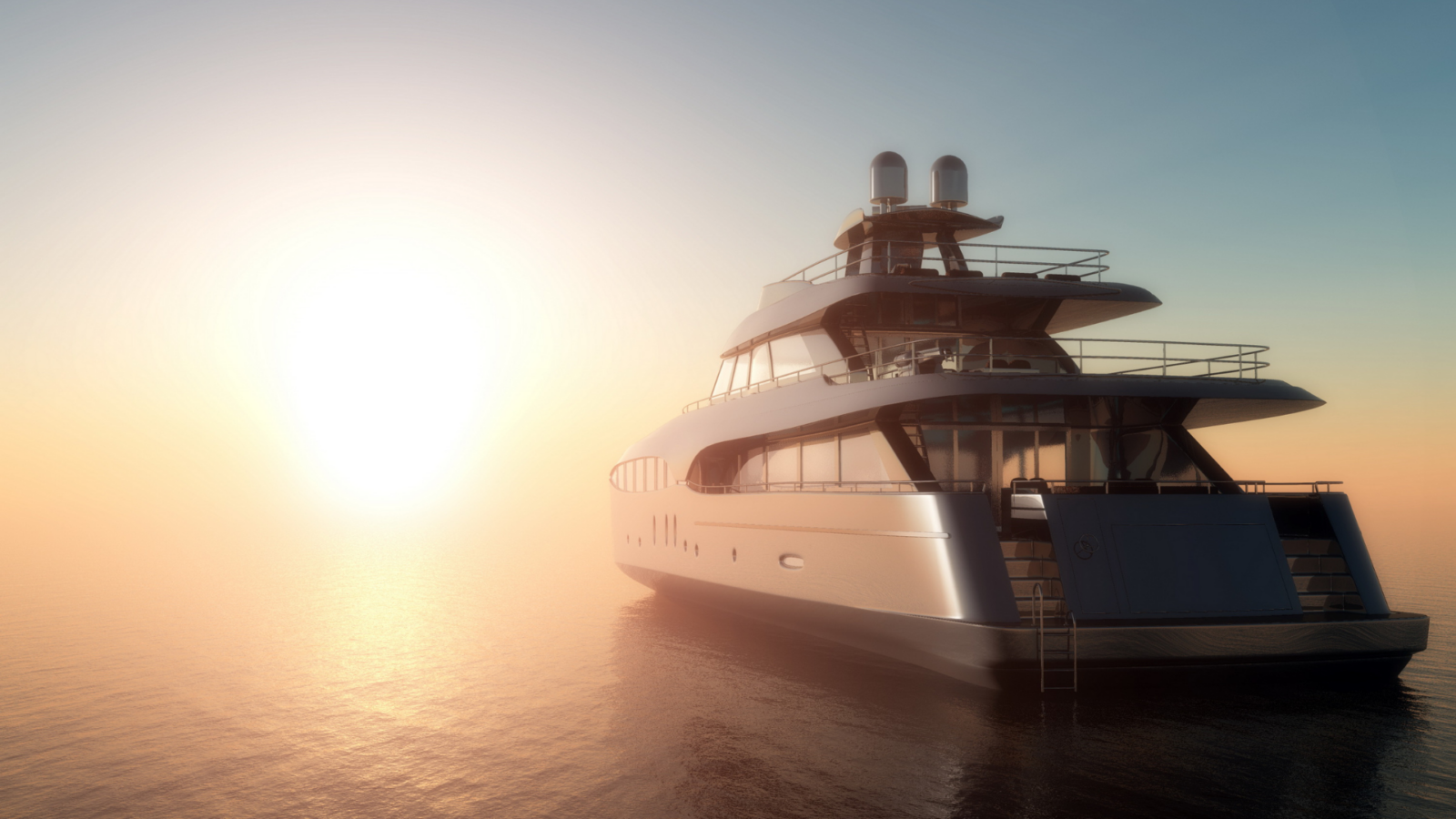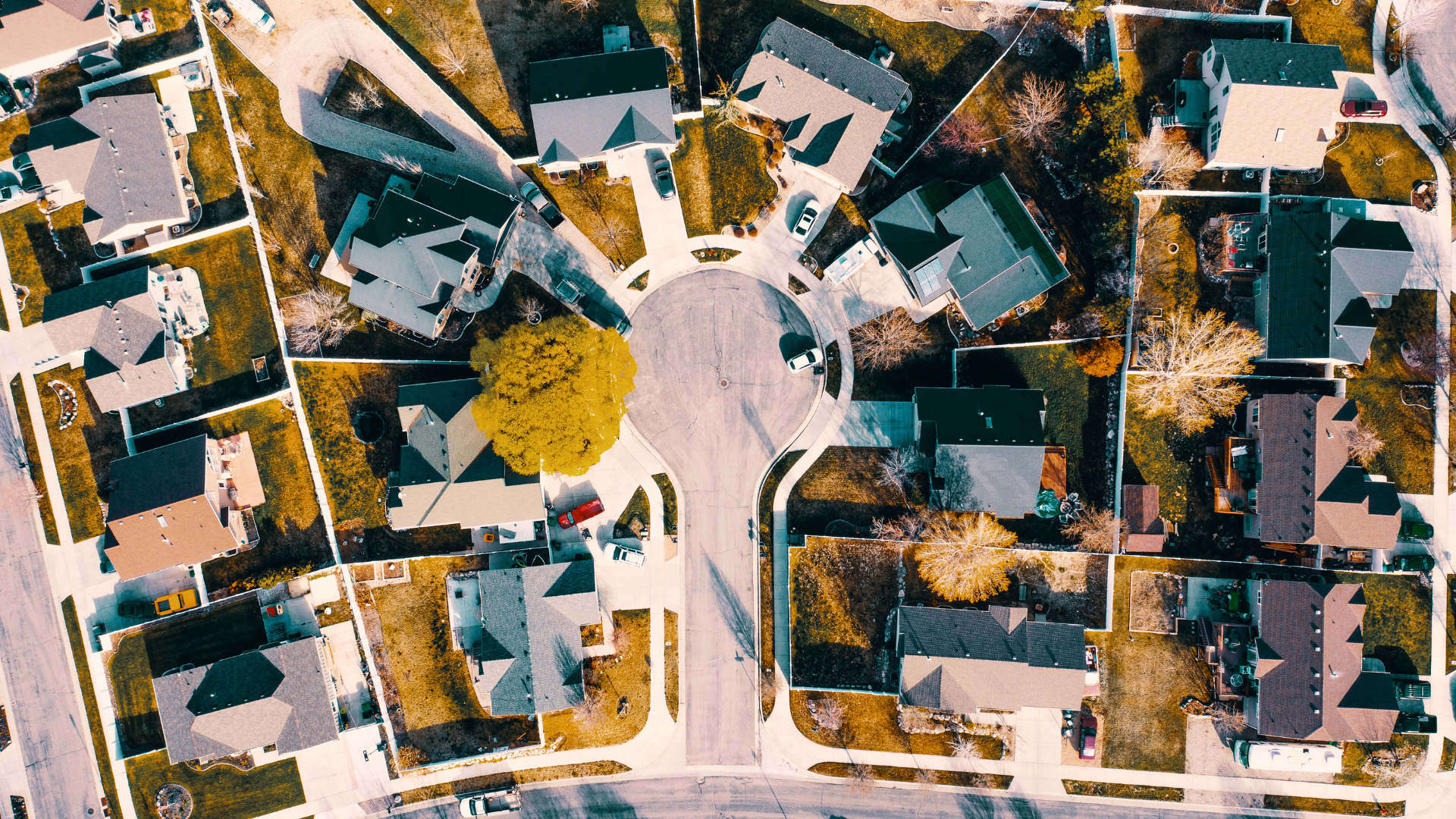Tax Planning & Preparation
Think Before Splurging: Canada’s Luxury Tax Is Here
December 15, 2023

Luxury has a cost. If you buy a big-ticket item like a luxury car, boat or airplane, you will pay a one-time luxury tax. This new tax, which came into effect on September 1, 2022, is produced by the vendor who sells you these goods. The vendor adds it to the overall cost of the subject item. This article will look into every aspect of the tax to avoid last-minute surprises.
How Does the Luxury Tax Work?
If you are super rich and looking to buy a vehicle or aircraft worth $100,000 or a boat worth $250,000, your registered vendor could add the luxury tax component to the price. The taxable amount of the subject item will include modifications worth $5,000 or more, custom duties and taxes on imported items, and charges paid to deliver the product. After adding these items, the vendor will calculate the luxury tax as the lesser of the two:
- 20% of the retail sale price above the price threshold
- 10% of the retail sale price of the subject item.
The vendor will add the luxury tax to the price and then calculate the applicable Goods and Services Tax (GST)/Harmonized Sales Tax (HST) on that amount.
For instance, John purchases an aircraft worth $120,000 and makes modifications worth $10,000. Going by the luxury tax rule, the vendor will charge the lesser of the two:
- 20% on $30,000 ($130,000 – $100,000) = $6,000
- 10% on $130,000 = $13,000
John will pay
Aircraft price = $120,000
Modification + $10,000
Luxury Tax + $6,000
GST + Applicable rate
The registered vendor files quarterly luxury tax returns and pays the tax by the end of the quarter. Once the tax is paid, the registered vendor gets a tax-paid certificate from the Canada Revenue Agency (CRA). Make sure to collect a copy of the tax-paid certificate from the vendor or the CRA as proof that luxury tax is paid on the subject item, and you need not pay it again if you are selling or leasing it to another person. This tax-paid certificate regime does not apply to subject vehicles. But you need not pay luxury tax again on a subsequent vehicle sale to another person.
Now that you know how luxury tax works, let us understand when it applies and on what.
Which Items Qualify Under the Luxury Tax?
As we discussed before, luxury tax applies on three subject items, car, plane, and boat, with a value at or above $100,000 and $250,000. However, these items should be manufactured after 2018 and registered with the government on or after September 1, 2022. While these are some generic rules, the CRA has also listed some specific features of the subject items subject to luxury tax.
- A subject vehicle is a passenger motor vehicle with a gross weight of 3,856 kg or less. The car can accommodate a maximum of 10 passengers and is designed to run on four wheels or above on the road. (It excludes recreational vehicles, heavy-duty trucks, and specialty vehicles for policing and other activities).
- A subject aircraft could be an aeroplane, glider, or helicopter with one or more pilot seats and not more than 40 passenger seats. (It excludes planes used for military, cargo or emergency medical response).
- A subject vessel is any boat designed for leisure, recreation or sport. It excludes floating homes, commercial fishing vessels, ferries or cruise ships.
All these specifications point to one thing. If the subject item is used for luxury, luxury tax applies. If it is used for commercial purposes or emergency services, it is not a luxury but a necessity and is not subject to luxury tax.
When Does the Luxury Tax Apply?
Once you know your purchase comes under the purview of the luxury tax, the next step is to determine if the luxury tax applies. The luxury tax applies when you make a qualifying sale.
If your business is to manufacture, import, or sell subject items, you can register yourself as a registered vendor. When one registered vendor imports or sells a subject item to another registered vendor, the luxury tax does not apply as the vendor adds the item as an inventory and not as a sale. Hence, the subject item is registered with the government.
The luxury tax occurs when the registered vendor sells the item to a non-registered consumer for personal use. The item is registered under the consumer’s name, who pays luxury tax.
Luxury tax doesn’t apply:
- Suppose you are buying, importing or leasing aircraft or boats for a qualified activity like policing or cargo handling, which is not a luxury. Obtain an exemption or special import certificate and get relief from luxury tax.
- If you are selling or leasing an aircraft or boat registered with the government.
- If you are buying or leasing an aircraft or boat on which luxury tax is paid. Obtain a tax-paid certificate from the first purchaser.
It is just the introduction to the luxury tax. If you are considering buying a subject item, it is better to consult a tax expert to assess your tax liability. Failing to pay luxury tax when eligible could attract a penalty if the CRA finds out.
Contact DDL & Co. in St. Catharines to Help You with Big Purchases
A professional tax consultant can help you buy luxury items while complying with all rules and taxes. To learn more about how DDL & Co. can provide you with your tax planning for big purchases, contact us online or call us at 905-680-8669.



